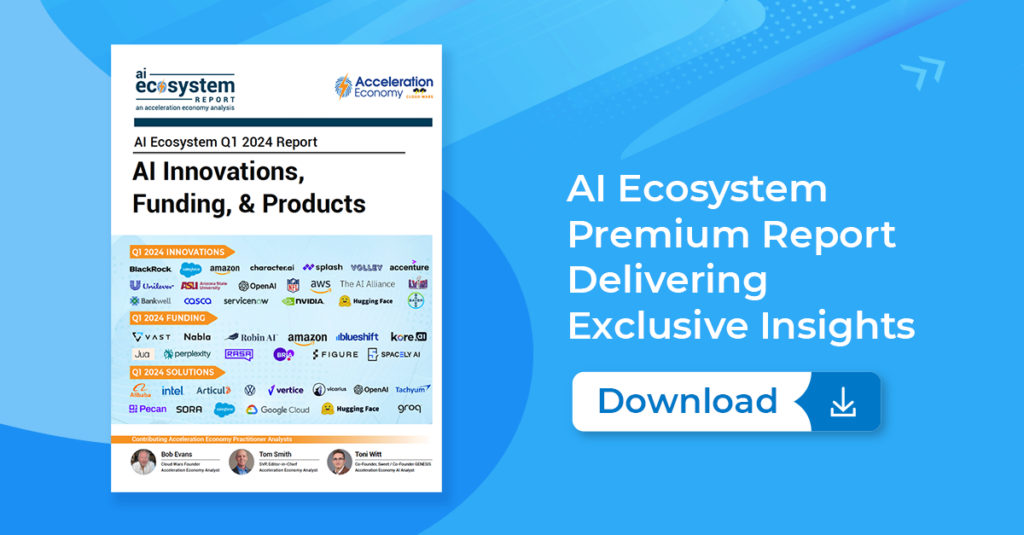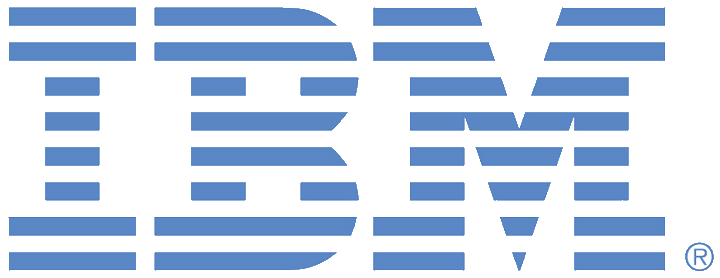
In this special report, CIO and practitioner analyst Kenny Mullican analyzes IBM’s plans to acquire HashiCorp. He addresses cloud complexity, benefits of the proposed deal for customers, and what he’s looking to learn at the upcoming IBM Think conference.
IBM has said the $6.4 billion deal, announced this week, aims to leverage HashiCorp’s infrastructure and cybersecurity lifecycle management products to help customers deal with the complexities of AI-driven application growth by automating orchestration of workloads in hybrid clouds.
Highlights
Cloud Complexity and AI (01:18)
Hybrid and multi-cloud usage is becoming much more prevalent. In the past, most applications were on prem, then they began moving into the cloud, while today’s systems often run in mutiple clouds because a given provider has systems or software that handles certain apps better than others. That’s especially true with AI workloads. AI requires enormous computing resources and generates vast amounts of data; these and other factors complicate the workloads and contribute to the problem of complexity for IT teams. Customers need tech that can make it easier.

The AI Ecosystem Q1 2024 Report compiles the innovations, funding, and products highlighted in AI Ecosystem Reports from the first quarter of 2024. Download now for perspectives on the companies, investments, innovations, and solutions shaping the future of AI.
HashiCorp Insights (03:48)
One of the company’s products is the widely used open-source Terraform, which is able to define your infrastructure through code so you format code files with detailed descriptions of the infrastructure you want — including security and networking — and have that be managed by Terraform. Existing customers of watsonx and Red Hat will be able to benefit from the addition of those resources. IBM has a history of working well with open-source groups and that should continue.
IBM Think (07:41)
Because it’s a planned acquisition that won’t be completed by the time of IBM Think, Mullican doesn’t expect a lot of discussion of HashiCorp due to legal requirements. But he hopes to dig deeper at the event into current IBM technologies that will benefit: open source, networking, hybrid cloud, and multi-cloud.









